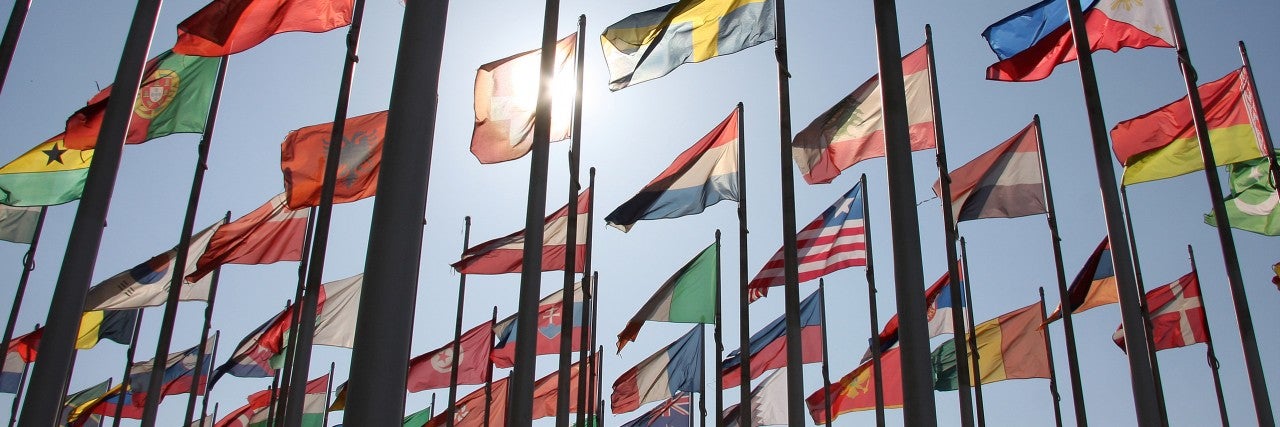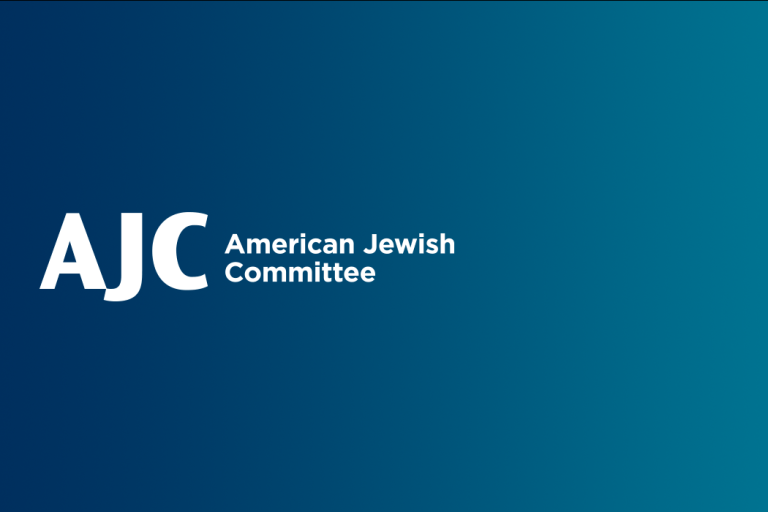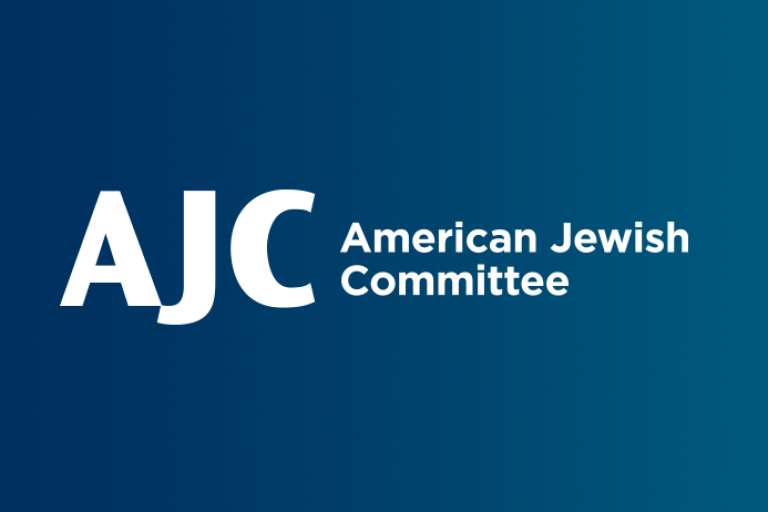September 18, 2017 — New York, New York
American Jewish Committee (AJC) leaders will be meeting with top officials from every continent attending the opening of the UN General Assembly in New York this week to discuss pressing issues of mutual concern.
“The presence of so many leaders in New York for a very concentrated period of time allows for ‘one-stop diplomatic shopping,’” said AJC Chief Executive Officer David Harris, who, together with other AJC lay and staff members, has been meeting regularly over the years with many presidents, prime ministers, and foreign ministers in their own capitals and at the UN.
AJC, the global Jewish advocacy organization, initiated its hallmark “diplomatic marathon” in 1991, a first in the Jewish community.
Topping the AJC agenda in meetings with more than 70 world leaders this year are support for Israel’s first-ever bid for election to a rotating seat on the UN Security Council; developing effective strategies to counter the continuing escalation in global antisemitism; ending UN institutional bias against Israel; responding to Iran’s post-nuclear deal behavior, especially its ongoing support for terror and aggressive activities across the Middle East and ballistic missile development; and combating extremism and radicalism worldwide.
“The annual UN General Assembly session is a unique opportunity for us to have timely conversations with leaders of many countries,” said Harris. “Our more than 1,000 meetings surrounding the opening of the UN General Assembly over the past 26 years have opened new opportunities for the Jewish people and Israel, deepened long-term relationships, and, in many areas, achieved very concrete results.”
The meetings surrounding the UNGA opening are a highlight of AJC’s year-round diplomatic activity. AJC delegations regularly visit capitals around the world to meet with top government officials, and, where possible, also with Jewish community leaders. In all, AJC engages with approximately 115 countries each year.
AJC maintains headquarters in New York and a major office in Washington, D.C.; 22 regional offices across the United States; 10 overseas posts; and 34 international association agreements.


